Arguably, Putin’s War, that is, the Russian invasion of Ukraine, is the first war that is thoroughly integrated with social media. By way of social media posts, we often get Battle Damage Assessment (BDA) while the target is still smoking. We’ve seen prisoners taken and war crimes committed, aircraft shot down, and turrets popped off tanks. The combination of geocoding media and GIS software has made it possible for private citizens to catalog equipment losses and plot the location of units. Social media has driven the narrative about the war and had much more of a role in shaping public opinion than any of the traditional media.
We also see a passive tool transitioning into an offensive weapon to help shape public opinion, even in totalitarian states like Russia. In early April, this video surfaced. The backstory is that Russian troops steal cell phones from Ukrainian citizens and use them to communicate with their families. In this case, a Russian soldier was killed, and a Ukrainian used the phone to contact the dead Russian’s parents to let them know that their son was dead. It is a bit ugly to watch and was heavily circulated by pro-Russia Twitter accounts as though hurting feelings was vaguely comparable to the sacking of cities and raping of women and children.
Ukrainian soldier calls the girlfriend of a dead Russian soldier to laugh at her loss pic.twitter.com/FnrGUhHB8g
— SSTV (@southsidertv) April 10, 2022
Still, no matter how crude the call, it still had an impact. The family knows their son is dead. They know his body is not going to be recovered. They will talk about this with other people. As the time lag between the phone call and the official confirmation grows, some of their anger will be focused on their own government. Young men will hear this story and think twice about reporting for conscription, and their parents, relatives, and friends will aid them in that endeavor.
As in so many cases, something that started out ad hoc can be organized into a coherent action program.
Ukrainian officials have run more than 8,600 facial recognition searches on dead or captured Russian soldiers in the 50 days since Moscow’s invasion began, using the scans to identify bodies and contact hundreds of their families in what may be one of the most gruesome applications of the technology to date.
Are you on Telegram? Subscribe to our channel for the latest updates on Russia’s war in Ukraine.
The country’s IT Army, a volunteer force of hackers and activists that takes its direction from the Ukrainian government, says it has used those identifications to inform the families of the deaths of 582 Russians, including by sending them photos of the abandoned corpses.The Ukrainians champion the use of face-scanning software from the U.S. tech firm Clearview AI as a brutal but effective way to stir up dissent inside Russia, discourage other fighters and hasten an end to a devastating war.
There are dissenters.
But some military and technology analysts worry that the strategy could backfire, inflaming anger over a shock campaign directed at mothers who may be thousands of miles from the drivers of the Kremlin’s war machine.
The West’s solidarity with Ukraine makes it tempting to support such a radical act designed to capitalize on family grief, said Stephanie Hare, a surveillance researcher in London. But contacting soldiers’ parents, she said, is “classic psychological warfare” and could set a dangerous new standard for future conflicts.
“If it were Russian soldiers doing this with Ukrainian mothers, we might say, ‘Oh, my God, that’s barbaric,’ ” she said. “And is it actually working? Or is it making them say: ‘Look at these lawless, cruel Ukrainians, doing this to our boys?’ ”
…
But officials’ strategy of informing families of their loved ones’ demise has raised concerns that it could anger the same Russians they had hoped to persuade. One national security expert said other Ukrainian actions — holding news conferences with captured Russian soldiers and posting to social media photos and videos showing prisoners of war — have been seen inside Russia not as a welcomed exposure to the truth but as a humiliation by the enemy.
I don’t particularly buy that argument because Ukraine has nothing to lose. They are in a battle for the very existence of their country. If they brown off some Russians by this campaign, what will those Russians do? Invade Ukraine and attempt to erase Ukrainian identity?
Nothing is without risk. Several Ukrainian agencies are already using this facial recognition software for other reasons.
Ukrainian agencies, [Clearview AI’s chief executive, Hoan] Ton-That said, have used the app to confirm the identities of people at military checkpoints and to check whether a Ukrainian is a possible Russian infiltrator or saboteur. He argued that the system could deter Russian soldiers from committing war crimes, for fear of being identified, and said the Ukrainians are considering using the tool to verify the identities of Ukrainian refugees and their hosts as they flee for safety.
If technology has shown us anything, once it gets a toehold in society, it is there to stay. We will look back on this episode and see that the real impact of this software was less in helping Ukraine remain free from Putin’s ravages and more as a proof of concept for its use by military and population control organizations.
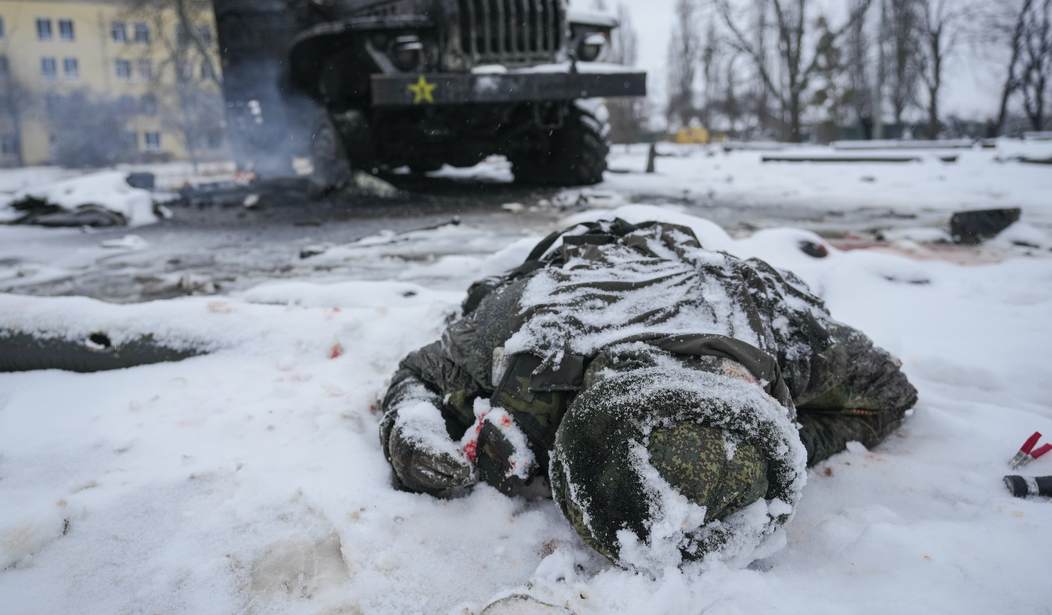


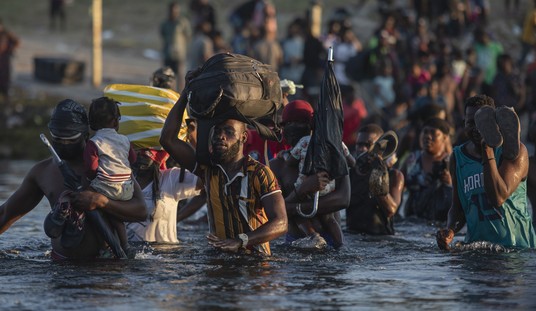



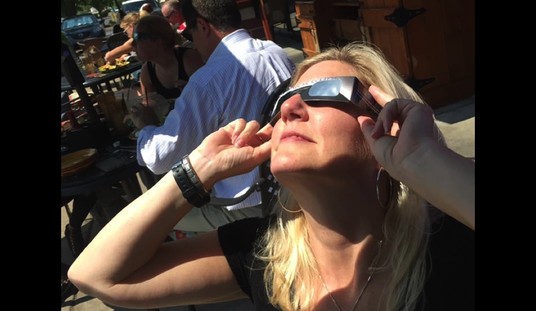


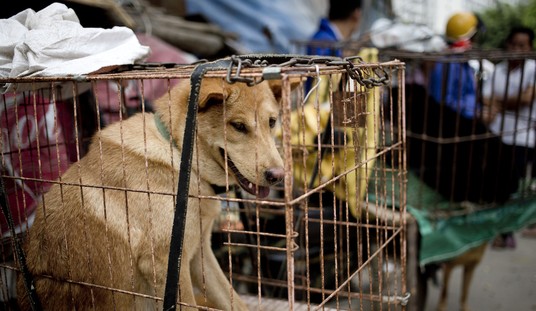

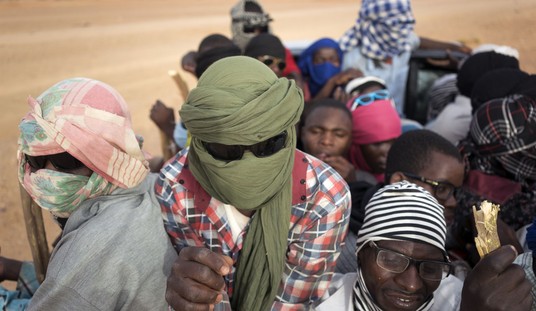

Join the conversation as a VIP Member